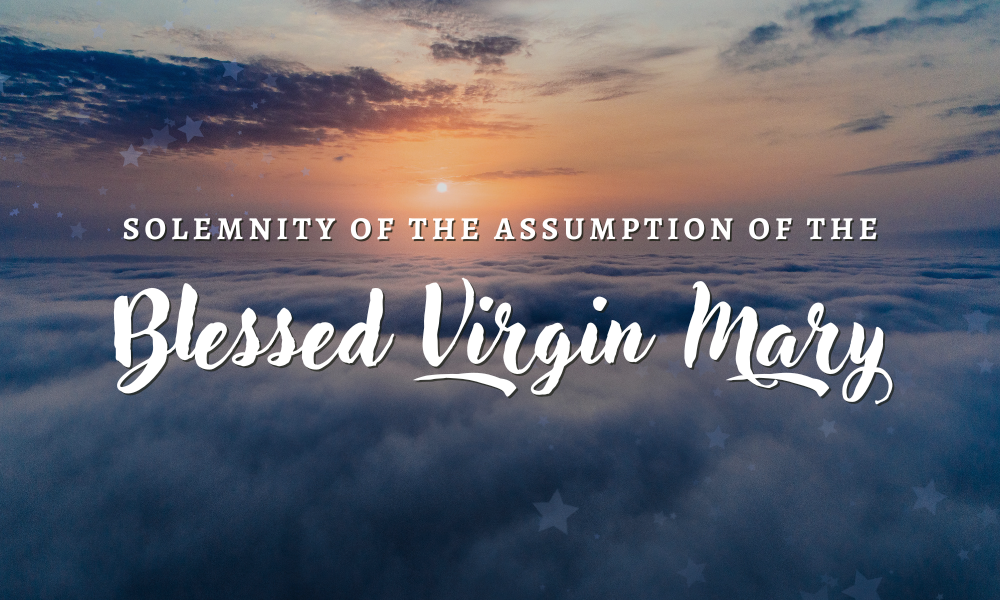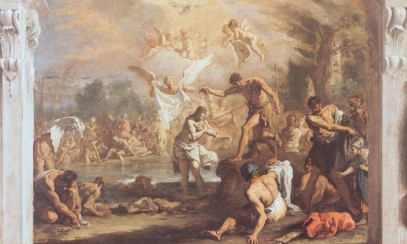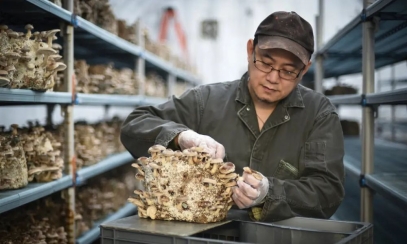
Mary's true privilege
The celebration of the assumption of Mary into heaven opens up many questions regarding what exactly this means. Some people, especially those who do not know the figure of the Virgin Mary well or have not had any personal experiences with her, might think that she's a woman full of privileges and characteristics so out of the ordinary that she borders on a humanity different from ours.
The celebration of the assumption of Mary into heaven opens up many questions regarding what exactly this means. Some people, especially those who do not know the figure of the Virgin Mary well or have not had any personal experiences with her, might think that she's a woman full of privileges and characteristics so out of the ordinary that she borders on a humanity different from ours.
This is especially when it comes to her sinless conception and having been raised to heaven. She seems to be a superheroine of a wonderful story. However, this human woman was the most common and the simplest of all. It was precisely this simplicity that made her the perfect choice for the mother of Jesus; she never lost the awareness of being a creature of God and nor did she forget her place in creation.
Human beings are created to give glory to God, to fulfill his will and designs with obedience and abandonment and so that our life is a song of praise to the most Holy Trinity. That is what Mary did from the beginning of her life to the end. So, far from being a "different human being," she was precisely the opposite — she was the most human being that has ever existed.
The true privilege of Mary was not to be special or to have a glory different from everyone else's. No, her privilege was precisely to be what God wanted completely, without consenting to evil, without ceasing to understand her life and herself as a work of God. In our case, it's common that when we do something well or when we receive a compliment or praise, we attribute these good deeds to ourselves. Sometimes, the way we relate to the privileges we receive is counterproductive; we start to consider ourselves better than others, or smarter or more capable of certain tasks, among many other vanities. That's what vainglory is, when we don't proclaim the glory of God.
Mary's privilege is the awareness of knowing that she is a creature without merit, who receives all graces and merit from God — and lives them with all honesty. She knows that everything she has received is undeserved and that her preservation from original sin is a special grace from God. We, unlike Mary, claim blessings as merits, and we even demand that God do our will instead of embracing his plan with humility and abandonment. Mary allowed God to do great works in her.
God freely chooses to express his glory and for the world to see how beautiful holiness is when we are docile and allow ourselves to be molded by him. That is Mary's privilege, and that is the privilege that God wants to work in us.
Mary always knew that everything that happened to her was God's grace: she was ready to attribute eternal glory to her Creator. God took her to heaven to crown the great work of grace in her. Mary's privileges — being immaculately conceived and assumed to heaven — allow his divine plan to be highlighted. "Behold, from now on will all ages call me blessed," (Lk 1:48) Mary tells us, because she is aware that what God is doing in her will allow humanity to know and love him. Far from boasting, she becomes the canvas where God captures his greatest work. In contrast, we often attribute any good works to our own merits when we are not constantly aware of being God's instruments.
The assumption of Mary is God's plan for the sanctification of all his creatures. Her life was a continuous conformity to the life of Jesus Christ. She is full of grace, and grace is ultimately Christ. We must understand this Marian dogma like any other — from the point of view of God's plan to sanctify us. He wants us to be intimately united to Christ following the example of our mother in heaven. Jesus is the Lord of lords, victor over sin and death. In Mary, these two realities are fulfilled: sin never found a place in her and neither did death. Her body did not know corruption, but was a matter for heaven.
Let's ask ourselves the following questions to prepare for the great Solemnity of the Assumption:
- Do I allow myself to be molded by God as he sees fit?
- Do I follow his plans instead of stubbornly sticking to mine?
- Do I get angry and distance myself from God when his projects are different from what I want?
- Do I embrace the Divine will with openness and generosity?
Mary, assumed into Heaven, pray for us!
Cristina Umaña Sullivan is a cultural sociologist who has been dedicated to evangelization for more than 10 years with a specialty in Theology of the Body and identity creation from a Christian perspective. Email her at fitnessemotional@gmail.com.



